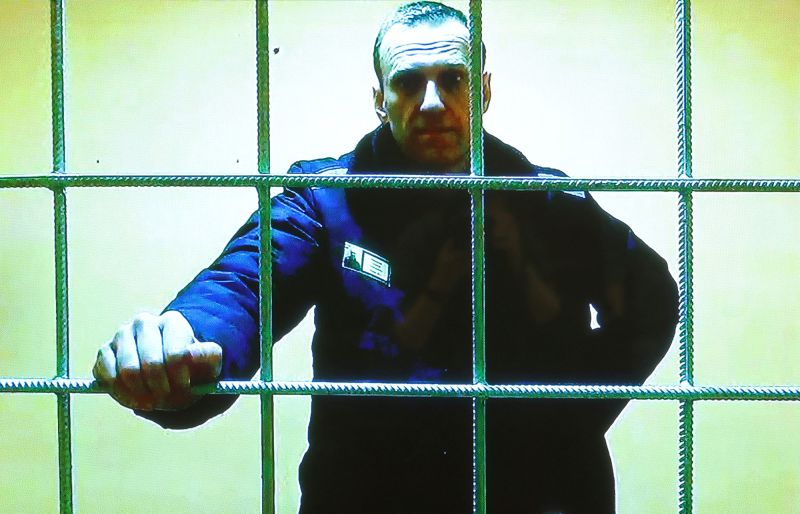Russian opposition leader Alexey Navalny has passed away in jail, according to a statement from the prison service. This shocking event marks another grim chapter in the life of this indefatigable critic of the Kremlin, who had faced numerous threats, arrests, and even a near-fatal poisoning in his staunch struggle against corruption in his homeland.
Navalny, who rose to prominence through his bold crusade against graft in Russian politics and his unwavering criticism of President Vladimir Putin, was reportedly serving his prison sentence at a penal colony in Pokrov, a town 100 kilometers east of Moscow. His arrest in January 2021 led to widespread protests across Russia and evoked strong international criticism. The cause of his unexpected death has not yet been disclosed.
Born in 1976 in Butyn, Russia, Navalny was a Russian lawyer and political activist who used his law degrees and his passion for democracy as weaponry against the powerful juggernaut of Putin’s regime. He formed the Anti-Corruption Foundation (FBK), working relentlessly to expose corrupt practices within government institutions.
His ground-breaking investigations, mainly disseminated through social media and YouTube, uncovered ostentatious displays of wealth by Russia’s political elite, stirring national and international outcry. This notoriety made him popular among Russians, but it also bore a target on his back. Even so, Navalny never shied away from his mission, knowing fully well the dangers that came with it.
It was in August 2020 that Navalny had a brush with death. He collapsed on a flight from Tomsk to Moscow. After an emergency landing, he was transported to a hospital in Germany, where doctors concluded that he had been poisoned with a nerve agent Novichok. This incident sparked international outrage and intensive demands for an exhaustive investigation. Despite all this, Navalny bravely returned to Russia in January 2021, only to be promptly arrested and subsequently sentenced to two and a half years in prison for alleged violation of probation terms.
While his life has ended tragically, Navalny’s passing will undeniably cast a long shadow over Russia’s political future. He was a symbol of resistance against the Kremlin’s stronghold, imbuing the Russian opposition movement with a daring audacity that spoke volumes to citizens who were disgruntled with unchecked power.
In the aftermath of his demise, the question whether his political movement can survive without his charismatic leadership lingers. Meanwhile, the world turns its eye on Putin’s administration, waiting for its response to the tragic event. Despite his death, Navalny’s mission and ideals still resonate powerfully with a substantial part of the Russian population, serving as a beckoning light for those daring to challenge the status quo.
The prison service’s announcement of Navalny’s death, therefore, marks an ominous milestone in Russia’s contemporary political history. His dogged pursuit for political change and unwavering dedication to expose corrupt practices has painted him as nothing short of a hero among his followers. As Russia grapples with his loss, the reverberations of his death may very well fuel the very change that Alexey Navalny had so tirelessly campaigned for. A change that, while currently soaked with grief and shock, may eventually bring about the transparency and fairness he so earnestly pursued.




